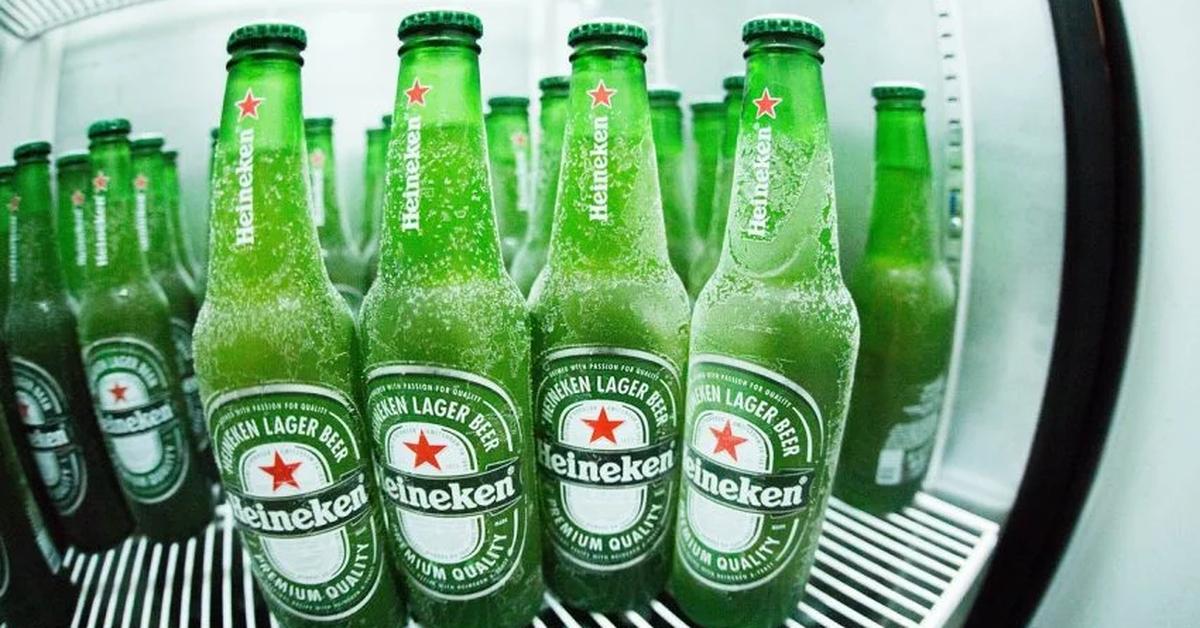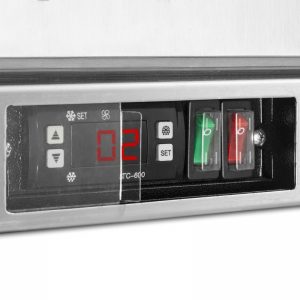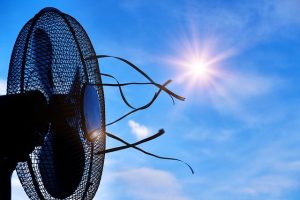
Commercial refrigeration is a major part of any business that sells food or drink. No matter what time of year it is, keeping food chilled or frozen, is not only important from a health point of view, it is also governed by law. However, when the temperatures rise in the summer, the need to keep your food safe is even more vital, but this can also be the time when your refrigeration equipment can be at its most vulnerable.
Here are some of the ways that your commercial refrigeration can let you down during the summer months, and what you can do to keep your equipment working correctly all year round.
What Can Go Wrong?
Running any business can be hard work, and especially when you have to deal with an extended period of closure because of COVID-19. Getting your customers back and restarting your business creates a lot of pressure, and this means you might not realise when your kitchen refrigeration equipment or chiller cabinets need attention. So what can go wrong?
Lack of Maintenance
Your chiller cabinets and refrigeration equipment will need to be regularly cleaned, both inside and out. This means ensuring that there is no dust or dirt on the vents and that they are defrosted if needed. This should be done daily, weekly, monthly or quarterly depending on what componant is being cleaned.
As well as in-house maintenance, you also need to ensure that all your commercial refrigeration equipment is serviced once a year. This needs to be done by a qualified engineer so that they can do the correct service and identify any potential issues.
Lowering The Temperature
There is a strong temptation to start lowering the thermostats on your refrigerators and freezers when the hot weather arrives. You want to keep everything cold, and this can seem like the best way to ensure nothing sufferers from the heat. However, this can cause problems, especially in older equipment.
By lowering the temperature, you are placing additional stress on the components of the refrigeration equipment. They have to work harder to lower the temperature, especially during hot weather, which can lead to failure. To have equipment fail at any time is bad, but when it happens in the height of summer, it can be even worse.


Maintaining a Good Ambient Temperature
Together with ensuring the components in your units are working correctly, you also have to make sure that they are working in the appropriate environment. Sometimes the ambient temperature in the restaurant or building can have an adverse effect on your equipment.
For example, if you get condensation on serveover counters, deli display fridges or other display chillers, then this is a result of the cool air in the unit that meets the warm air in the room. A similar result comes about from putting warm foods in a cold display. This can have a negative effect on your ability to display your food as customers might not be able to see into the unit.
The temperature in the room can also be affected by the refrigeration units themselves. These units give out a lot of heat when in operation, and this can increase the temperature in the room.
How To Prevent These Issues
There are ways that you can try to prevent these problems from occurring, however, it is important that all of your staff are trained to follow the same rules and procedures. That way, the equipment can be maintained correctly.
Maintenance
The importance of maintenance cannot be underestimated, especially when the units are having to work particularly hard. Routine maintenance by you and your staff should take place monthly at least. All your refrigeration units and freezers also need a full service yearly.
Temperature
Maintaining a constant temperature is essential for the smooth running of your equipment and for keeping the food safe. Ensuring a good air flow around the exterior of equipment can help it to achieve temperature consistency.
There is a storage temperature range that food and drink must be kept within by law if it is being sold to the public. Regular checking of the refrigeration and freezer units will ensure that range is maintained. This will also prevent the units from being turned up or down when it isn’t necessary.
Ambient Temperature
There are a couple of ways that you can maintain the ambient temperature in your kitchen or restaurant, to prevent problems with the refrigeration equipment.
One way is to ensure that the chiller and freezer units are spaced apart from each other. This will prevent hotspots from being created and will help prevent condensation.
Another idea is to add air conditioning which can keep the areas at a constant temperature. This is a more expensive option, but it can help save the cost of repairs or replacement equipment.
There are also some chiller units that have heated glass which prevents condensation. Of course, these may not be within your budget but could be a good alternative when your existing chillers need replacing.


Other Precautions
There are also other things you can do to help extend the life of your refrigeration and freezer units.
Overloading
Although it can be a temptation to put as much food in the freezer or chiller units as possible, this also adds to the work the units need to do to maintain the correct temperature. Always adhere to the maximum fill capacity of the equipment.
Leaving Doors Open
This can be a particular problem for self-service chiller cabinets, as customers may not always close the doors correctly. Placing a sign on the door, or locating the units near staff points can help prevent this.







Leave a Comment
Your email address will not be published. Required fields are marked *